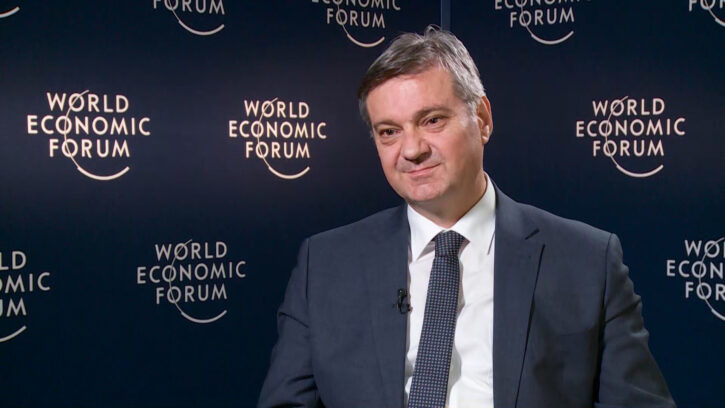
This was the perfect moment to initiate the Republika Srpska entity name dispute before the Constitutional Court because attacks on Bosnia’s statehood have culminated and because the name is discriminatory against the non-Serbs living in this Serb-dominated entity, Bosnia’s Council of Ministers Chairman Denis Zvizdic told N1.
“This is a perfect moment because it is a fact that in spite of the patience and all the expectations the Bosniak and Croat returnees had, they didn’t achieve the expected equality,” Zvizdic said. “I’ve said this before, and the media can research this information, but less than two percent of all the employees in the Republika Srpska (RS) entity institutions are Bosniaks and Croats.”
Therefore the Democratic Action Party's (SDA) initiative is entirely justified and fact-based, and that there is no reason to make a big deal out of it. The non-Serb residents of this entity have been waiting for years to achieve equality with Serb residents as stipulated by the Dayton Peace Agreement which ended the 1992-1995 Bosnian war.
The name “Republika Srpska,” which when translated into Serbian language means the “Serb Republic,” gives some people and officials the idea that Serbs have a supremacy over other people in the entity, Zvizdic noted and added that there is increasing talk that the river Drina, a natural border between Bosnia and Serbia, is a non-existent border, that Bosnia has no statehood capacity and that the RS entity will secede from the country.
Zvizdic is a member of the Bosniak leading party, the SDA which announced earlier this week it would challenge the name of Bosnia’s Serb-dominated entity before Bosnia’s Constitutional Court, arguing that the name ‘Republika Srpska’ discriminates the non-Serbs living in that entity.
This triggered strong reactions among the Serb leadership but also the response of top international institutions in the country including the Office of the High Representative (OHR), its Peace Implementation Council (PIC) and the Organisation for Security and Co-operation in Europe (OSCE).
“How can you explain the fact that 98 percent of all initiatives for the protection of Bosniak national interest before the RS Council of peoples were rejected,” he asked. “The RS is nothing more or less than an entity. There are no two Serb states in the Balkans. Bosnia is a country of equal peoples. The non-Serb RS residents must enjoy full equality.”
Speaking about Bosnia’s EU and NATO integration processes, he recalled Bosnia’s earlier decisions which have set it on the path of Euro-Atlantic integration, adding that its primary goal is gaining the candidate status for the EU membership.




